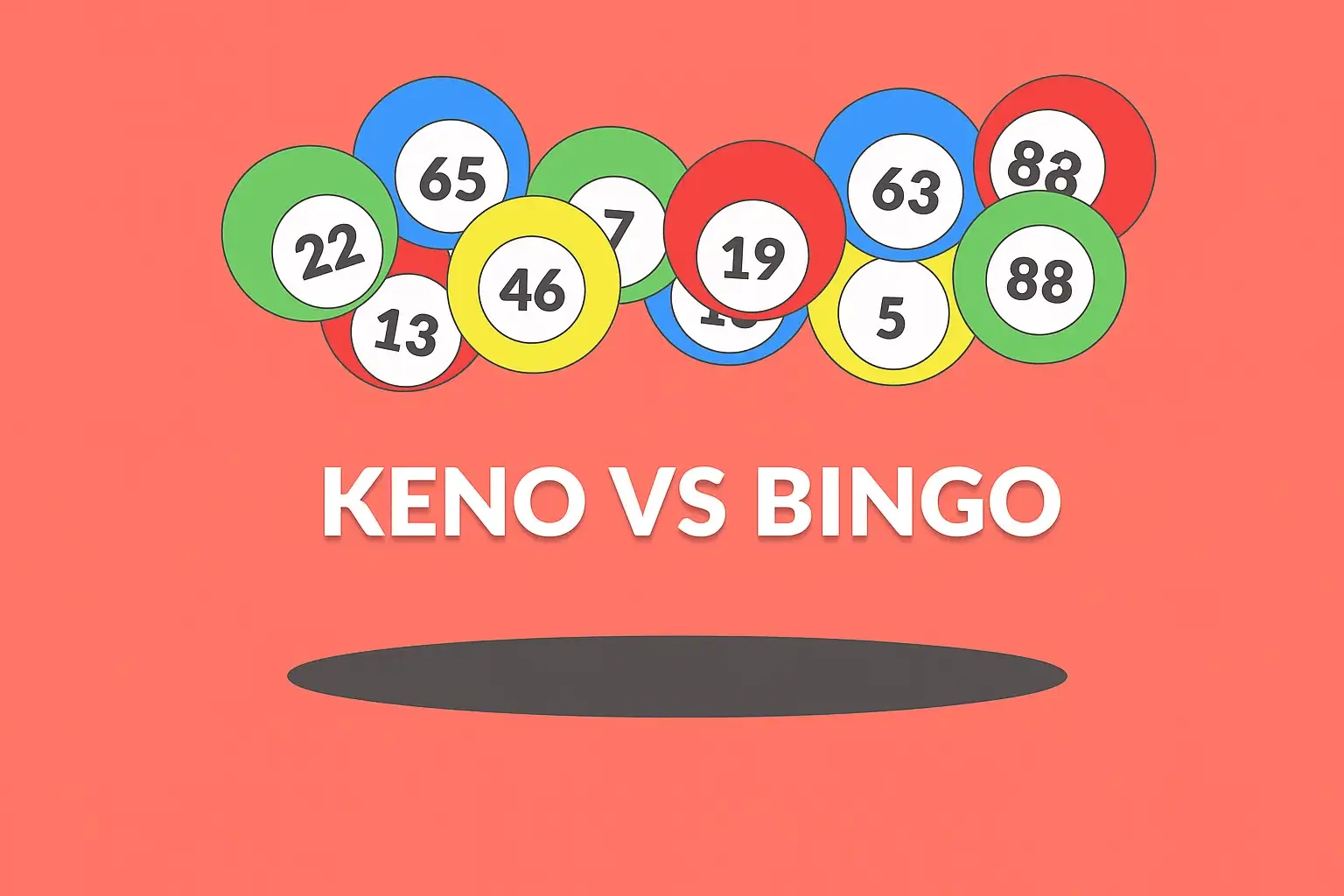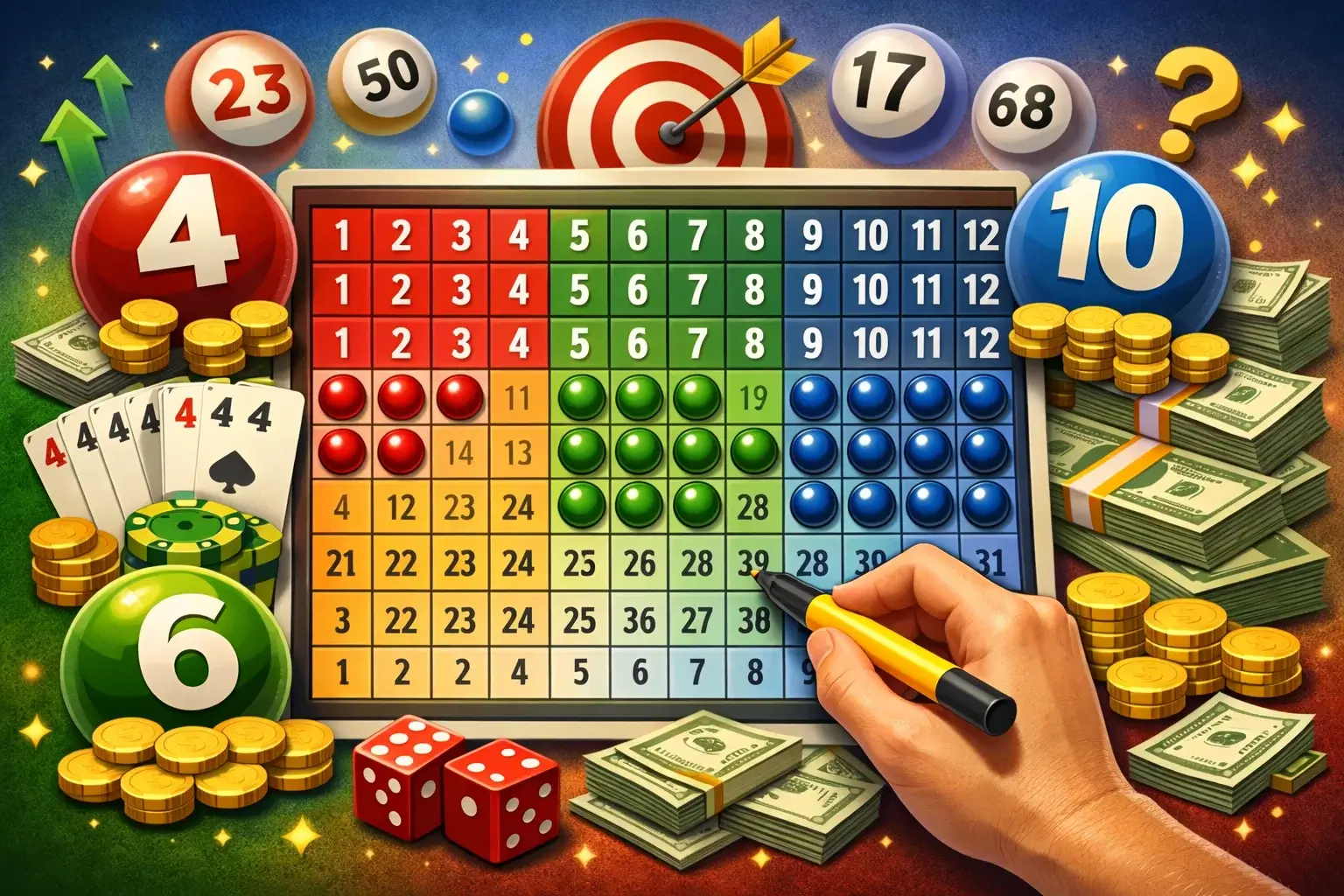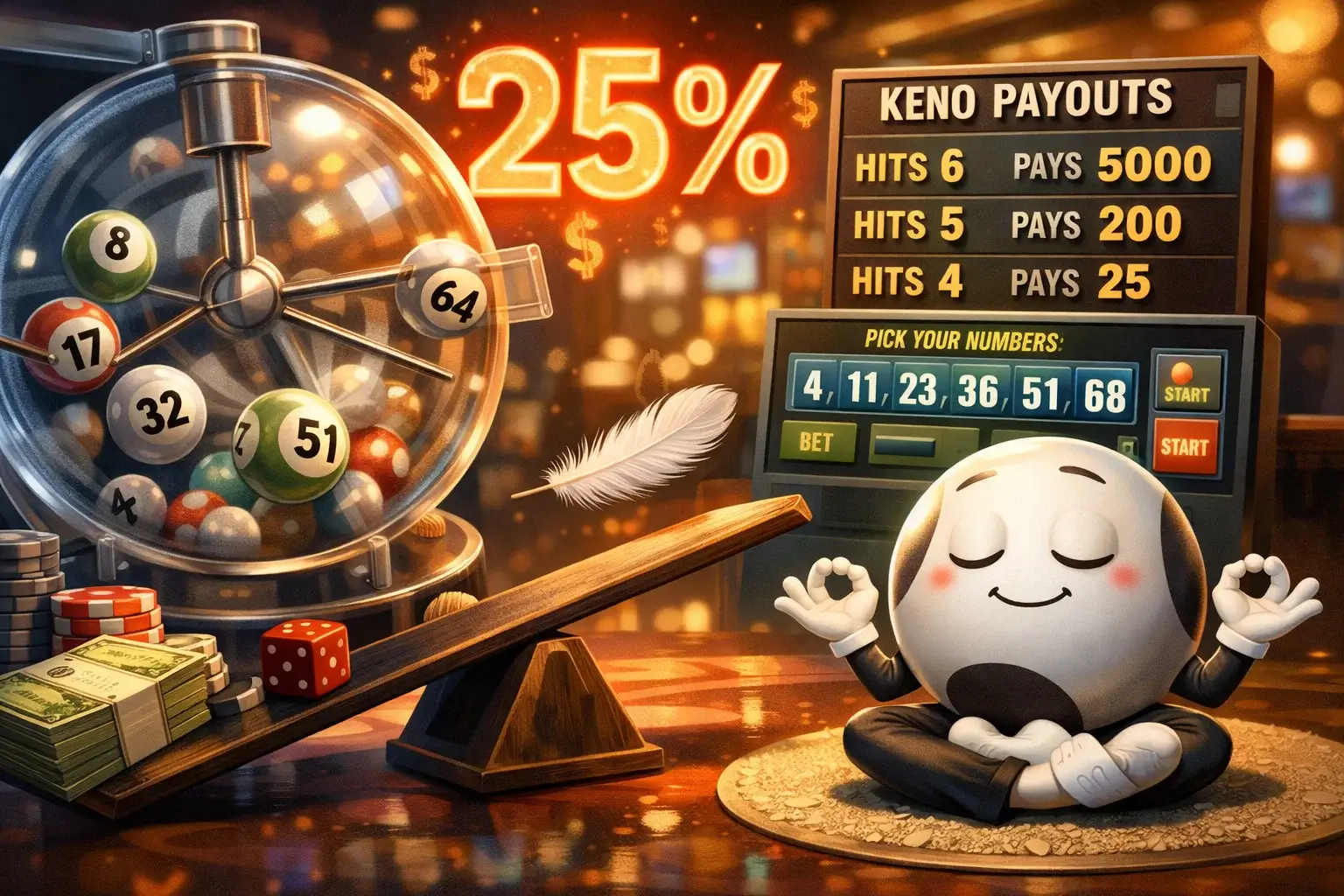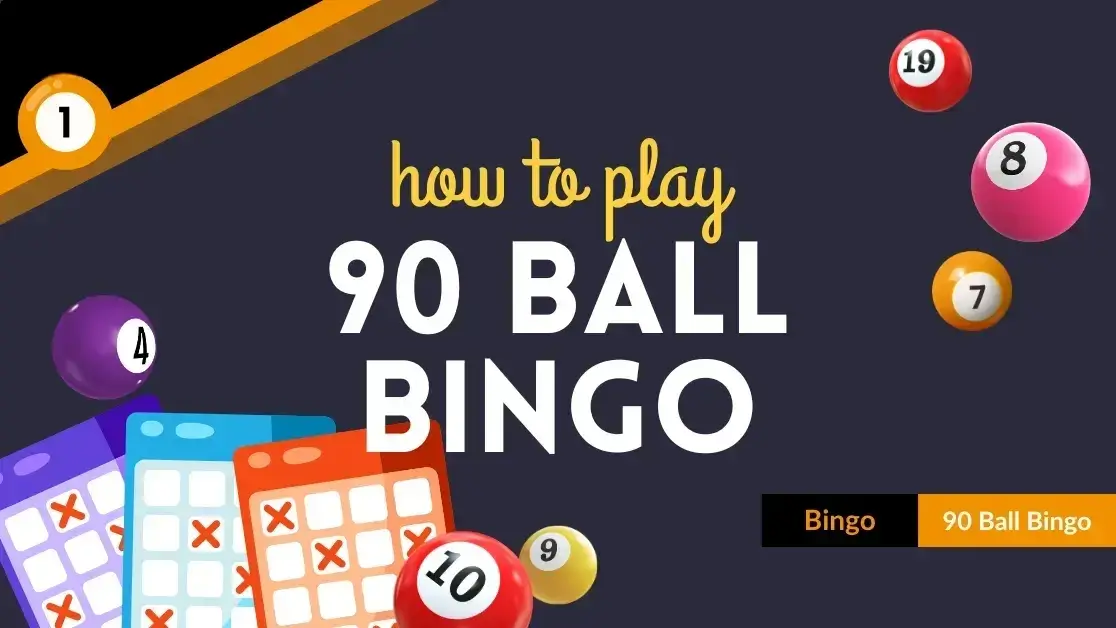A Professional Review for Beginners and Seasoned Players
When someone first hears about bingo and keno, they often think: “It’s just a game with numbers, what’s so special about it?” However, I, as a professional gaming analyst with twenty years of experience observing the global gambling industry, can confidently say that the very simplicity of these games makes them extraordinarily appealing. In this review, I’ll tell you why millions of people worldwide give their hearts – and their money – to these classic games.
The First Charm: Absolute Simplicity
It might seem like the most obvious reason for popularity. Yet I notice that many analysts underestimate the significance of this factor. The simplicity of bingo and keno isn’t just a litmus test for newcomers. It’s the foundation upon which billion-dollar casino profits are built.
Let me break this down in detail. In classic bingo, everything is incredibly straightforward. You take a card. It has numbers on it. Someone calls them out. You mark them. The first person to complete the required pattern wins. That’s it. No complicated rules, no complex mathematical calculations, no strategies that require hours of study. Even a five-year-old understands the mechanics of the game.
Keno is slightly more complicated, but not by much. You choose numbers from one to eighty. Then the machine draws twenty random numbers. You count the matches. More matches – more money. That’s the entire logic. No psychological games like in poker. No complex probability calculations like in blackjack. Just numbers, luck, and adrenaline.
It’s an absolutely magical combination for the average player. People want entertainment, not work. When I talk to players in casinos, most say roughly the same thing: “I come here to relax, not to get a headache from thinking.” Bingo and keno perfectly satisfy this need.
Price Accessibility: A Game for Everyone
The economic aspect of these games’ popularity is insufficiently highlighted by many researchers. I consider this a critical oversight. In many gambling games, the minimum bet starts with serious money. An ordinary person who has a few hundred dollars for entertainment can play just a few hands of blackjack or roulette and lose everything.
But bingo? That’s a completely different story. You can buy a card for one or two dollars. Even in Europe, where prices are higher, a card costs no more than five euros. This means that an ordinary person with fifty dollars can enjoy playing all evening, not just five minutes.
I’m often asked: “But if the stakes are so small, how can the jackpots be worthwhile?” It’s a fair question, and the answer deserves explanation. When there are three hundred people in the hall, each having bought ten cards, serious money accumulates in the prize pool. I’ve witnessed cases where a bingo jackpot was over a hundred thousand dollars. Not millions, but for someone with an average income, this could be a life-changing win.
Adrenaline and Tension: The Psychology of Gaming
This is where the real thrill begins. The psychology behind bingo and keno runs much deeper than it appears at first glance. Every number called creates tension. Is it your number? Are you just one number away from victory?
I would call this “controlled excitement.” Unlike slots, where the result is determined in a millisecond, in bingo the tension builds slowly. You can feel yourself approaching victory. Three numbers on your card… five numbers… seven numbers… Throughout history, humanity has loved this kind of uncertainty. It breathed life into lotteries thousands of years ago. The same thing makes bingo and keno relevant today.
But there’s another psychological moment often forgotten even by experienced players. When you’re in the hall, when you’re surrounded by people, when you hear “Bingo!” – this creates a collective experience. People who don’t know each other begin embracing strangers. The energy in the room becomes electric. This sense of belonging to a community – it’s an amazingly powerful psychological motivator.
The Social Nature of Gaming
I was present in a bingo hall in London about ten years ago. I was forty years old at the time. Most players were retirees aged sixty to eighty. I asked permission to sit and observe. When I turned my attention to the hall, I saw something completely different from what I expected.
The players were interested less in money than in socializing. They discussed the weather, family, local news. One woman brought cookies she had baked. Another talked about her grandchildren. When someone won, everyone genuinely congratulated the winner. When someone lost, those around them would put an arm around their shoulder and say: “Next time you’ll get lucky.”
This wasn’t a love of the game. This was a love of conversation. A feeling that you’re part of a group. The opportunity to spend time with people who understand your interests and problems. Bingo provided a platform for exactly this.
In keno, the situation is somewhat different, as it’s a more individual game. But even in keno, I’ve observed moments when players sitting next to each other began discussing their numbers, sharing strategies (which, of course, don’t affect the outcome, but that doesn’t matter) and supporting each other with moral encouragement.
The Online Revolution: Bingo and Keno in the Digital Age
The last ten years of observation have brought me an interesting pattern. The global transformation of bingo and keno into the online world hasn’t diminished their popularity. On the contrary, it has expanded their audience.
But here an interesting paradox emerges. Online bingo has lost some of its traditional social component. How can you socialize with a stranger through a computer screen? It turns out you can, and players have found ways to do it.
Most online bingo platforms have a chat function. Players can message each other even while the game is ongoing. They can talk about the numbers that came up, about their cards, about their lives. I spoke with a person who had been playing online bingo for four years, and she told me she had met some of her closest friends through the bingo chat room.
Online keno has also transformed in interesting ways. Because keno can be played very quickly, people often play it in short sessions, relaxed, before bed or during lunch break at work. This casual nature became part of its appeal. It’s not something you dedicate an evening to. It’s something you spend five minutes on.
Odds of Winning: A Realistic Perspective
Let’s talk about something that’s often not discussed. About probability.
I’ve repeatedly observed how people deceive themselves about their chances of winning in bingo and keno. They think that if they’ve played a hundred rounds without winning, the next one is definitely going to be the winner. This is the classic gambler’s fallacy. Each round is an independent event. Your previous history doesn’t affect the next outcome.
In keno, the probability of matching all twenty numbers is approximately one in 3.5 quintillion. Think about that. That’s a number with eighteen zeros. Not only will you never win the jackpot, that jackpot is mathematically impossible to win. That’s why casinos offer a smaller jackpot for matching seventeen out of twenty numbers.
But here’s an interesting psychological twist. People don’t think about these probabilities when they play. They simply think: “Maybe this time?” And this thought exceeds logic; it gives them hope. And hope is not worthless. Hope is priceless.
Regarding bingo – the situation is somewhat fairer. In a hall where three hundred people are playing, if everyone bought the same number of cards, everyone has equal odds of winning. The house edge in bingo is maintained at around 5-25%, which in the world of gambling is considered fair.
Pros and Cons for the Player
Let’s talk honestly about what a player actually gets from these games.
Pros: First, it’s entertainment for small money. Second, simplicity without any complications. Third, conversation and socialization. Fourth, the possibility – albeit small – of winning a substantial amount. Fifth, the game offers hope, which, as I’ve already said, is not worthless.
Cons: First, the mathematics is not on your side if you view the game as a way to make money. Second, the game can become a habit that turns into addiction. Third, losing money you can’t afford to lose is always bad. Fourth, some people are frustrated because they can’t control the outcome as they can in strategy games.
The House Edge: Understanding the Numbers
Let me be direct about something that many players prefer to ignore. Every casino game has a house edge – a mathematical advantage that ensures the casino makes money in the long run. Understanding this is crucial.
In keno, the house edge typically ranges from 5% in online casinos to 35% or more in physical establishments. This means that for every dollar you wager, the casino expects to keep somewhere between five cents and thirty-five cents. Over time, this adds up. If you play keno regularly, you will lose money. This is not a question of if, but of when.
Bingo, however, operates differently. In traditional bingo halls, the house typically takes a percentage of the ticket sales – usually between 40% and 50%. The rest is distributed to players as prizes. This means that if you spend twenty dollars on bingo cards, ten dollars might go to the hall, and ten dollars goes into the prize pool. This is actually less disadvantageous than many casino games.
The key difference is that in bingo, you know exactly how much of your money goes into prizes. In keno, the house edge is often obscured by the game’s design, and players don’t realize how much they’re actually losing over time.
Bingo vs. Keno: Choosing Your Game
If I had to recommend one game or the other based on player preferences, here’s what I’d say.
Choose bingo if: You value socializing above all else. You want to spend a longer time gambling without betting large amounts. You prefer a relaxed, low-pressure environment. You like the idea of chat rooms and community. You want better mathematical odds. You enjoy games where everyone has equal chances.
Choose keno if: You prefer quick, fast-paced games. You like having control over which numbers you select. You want the possibility of larger individual wins. You’re comfortable with playing alone. You like the thrill of lotteries. You don’t mind worse odds in exchange for the excitement factor.
Honestly? Many players enjoy both. The variety keeps the experience fresh.
Responsible Gaming: A Word of Caution
I would be failing in my duty as a gaming analyst if I didn’t address this crucial aspect. While bingo and keno are fun and relatively safe compared to some other forms of gambling, they still carry risks.
Gambling addiction is real. I’ve seen lives destroyed by people who thought they could just play a little bingo or keno casually and ended up spending their rent money. The psychological hooks in these games – the near-misses, the possibility of winning, the social pressure – can be powerful.
My recommendations for responsible gaming are simple:
Set a budget before you play and stick to it. Treat it as money you’re spending on entertainment, like going to a movie. Never gamble with money you can’t afford to lose. Never chase your losses. If you lose fifty dollars, accept it and walk away. Don’t tell yourself you’ll win it back. Don’t let anyone pressure you into playing. If you feel like you might have a problem, seek help from organizations dedicated to gambling addiction. Most countries have free hotlines and support groups.
The Cultural Significance
What fascinates me most about bingo and keno is their cultural significance across different societies. Bingo, particularly, has become deeply woven into the fabric of communities. In the UK, bingo is more popular than many traditional sports. Millions of Britons play regularly, and bingo halls are community centers as much as gambling venues.
I’ve seen bingo used for charity, for fundraising, for bringing communities together during difficult times. During the COVID-19 pandemic, when physical bingo halls closed, people organized virtual bingo games to maintain social connections. This speaks volumes about what these games mean to people beyond just the possibility of winning money.
Keno, with its ancient Chinese origins, carries historical weight as well. It’s a living connection to three thousand years of gambling history. When you play keno, you’re participating in something ancient and timeless.
Modern Innovations and Variations
The gaming industry hasn’t left bingo and keno unchanged. Over the past decade, I’ve observed fascinating innovations that have kept these classic games relevant.
Online platforms now offer bingo with elaborate themes, special effects, and game show-like atmospheres. Some versions include progressive jackpots that can reach millions. Others have incorporated elements of other games, creating hybrid experiences.
Keno has seen similar innovation. Some online keno games now include bonus rounds, multipliers, and interactive elements that add layers of complexity and excitement to the traditional game.
These innovations serve a purpose: they attract younger players who might otherwise dismiss these games as outdated. I’ve spoken with twenty-five-year-olds who play online bingo and love it, something that would have been unthinkable twenty years ago when bingo was considered an exclusively older demographic game.
The Psychology of Near-Misses
Let me delve deeper into something that fascinates me from a psychological perspective: the near-miss. This is something that game designers understand intimately, even if most players don’t consciously recognize it.
In bingo, a near-miss happens when you’re one number away from winning. In keno, it’s when you’re one or two numbers short of a big payout. This near-miss creates a powerful psychological effect. It makes you think: “I was so close! If I play one more time, surely I’ll get it.” But statistically, this is nonsense. Each game is independent. Being close last time has no bearing on the next game.
Yet game designers deliberately build this into their games because they know it works. It keeps players playing. It converts casual players into regular players. And it converts regular players into heavy players.
This is not malicious, necessarily. It’s just how the human brain works. We’re wired to see patterns and to believe that recent near-misses predict future wins. Game designers simply understand this psychology and structure their games accordingly.
Why People Don’t Quit
This leads me to a question I’m often asked: “If the odds are against you, why do people keep playing?” The answer is multifaceted.
Some people play because they don’t understand probability. Some play because they’re addicted. Some play because of the social aspect, and losing money is simply the price they pay for socializing. Some play because they’re in denial about their odds. And some – honestly – play because they’re hoping to be the exception, the one person who beats the odds.
But I think the deepest reason is this: people play because games like bingo and keno offer something that everyday life often doesn’t. They offer excitement, hope, community, and the tantalizing possibility that your life could change with one lucky draw.
Is that worth the money? That’s a personal decision that only each individual can make. But I understand why millions make that decision every day.
Conclusion: The Timeless Appeal
After twenty years observing this world, I’ve come to a simple conclusion. People play bingo and keno not because they think these games will make them rich. People play because these games give them something difficult to find in the modern world.
They provide simplicity in a complex world. They provide hope in times of uncertainty. They provide community in an age of loneliness. And they provide adrenaline and tension that makes life a little more interesting.
Is this a fair deal? It depends on how much money you’re spending. If you can afford to spend five dollars for an evening of entertainment, knowing you might lose that money, then it’s a sensible deal. If you’re gambling money you need for food or rent, then it’s a tragic mistake.
But for the right player, with the right understanding, with the right budget – bingo and keno remain what they’ve been for thousands of years: games that bring people joy, excitement, and a sense of belonging.
This is what I’ve dedicated my research to understanding. And this is what guides my conclusions.
Are they games of skill? No, they’re purely games of chance. Will you get rich playing them? Almost certainly not. Are they fun? Absolutely. Do they provide social connection? For many people, yes. Are they worth playing responsibly and within your means? I believe so.
The magic of bingo and keno isn’t mathematical. It’s human. And perhaps that’s the real reason they’ve endured for so long.



